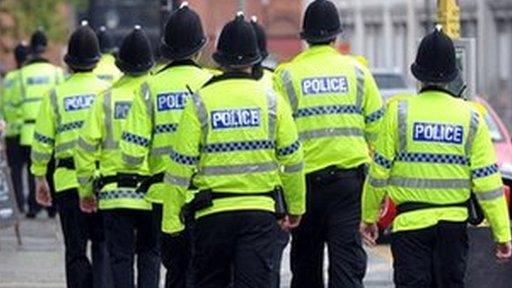Police officers talk about their battle against PTSD
- Published
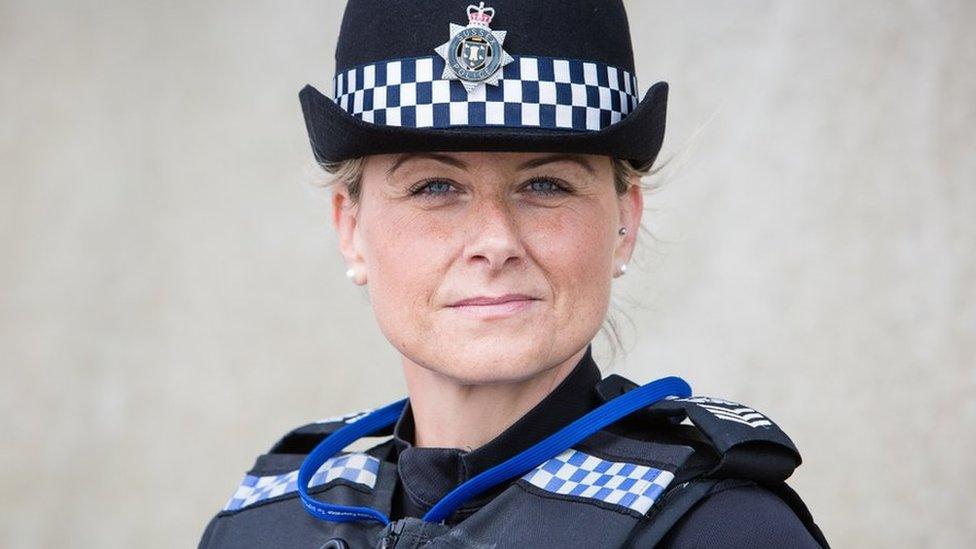
Sgt Suzie Randall struggled with her mental health after working in traumatic circumstances
More than half of all police forces in England and Wales have told the BBC the number of officers having to take long-term sick leave because of mental health problems has been increasing over the last six years. 5 live Investigates has spoken to officers struggling to cope with post-traumatic stress disorder (PTSD) brought on by some of the disturbing things they've experienced during the course of their job.
"I remember just before Christmas going to the death of a child," Sussex police sergeant Suzie Randall recalls.
"If you can imagine walking into a house with a massive Christmas tree and the child's siblings sobbing their hearts out, the family sobbing their hearts out. That was the first incident when I think I suddenly became not very well."
Suzie was an experienced officer with many years in the job when her mental health began to suffer.
Unsure of quite what was wrong and determined not to let the public or her colleagues down, the 44-year-old didn't immediately seek help.
"I carried on and over a three-month period I dealt with some horrific incidents. A samurai sword attack, a double murder - just awful, awful things."
One which really upset her involved a young man who died after being stabbed. She was with his mother as he lay injured in hospital.
"I remember holding her hand. Her son was being rushed to another hospital to try to save his life. I remember grabbing her hand running out of the room saying, 'I'm really, really sorry, you've got two seconds, please give your son a kiss, just say goodbye to him now and I'll take you to the next hospital.'"
Soon afterwards she confided in her husband that she couldn't stop crying and shaking.
Suzie was suffering from PTSD brought on by the things she had seen on the job. She sought help and is now back at work, but for some the damage is just too great.
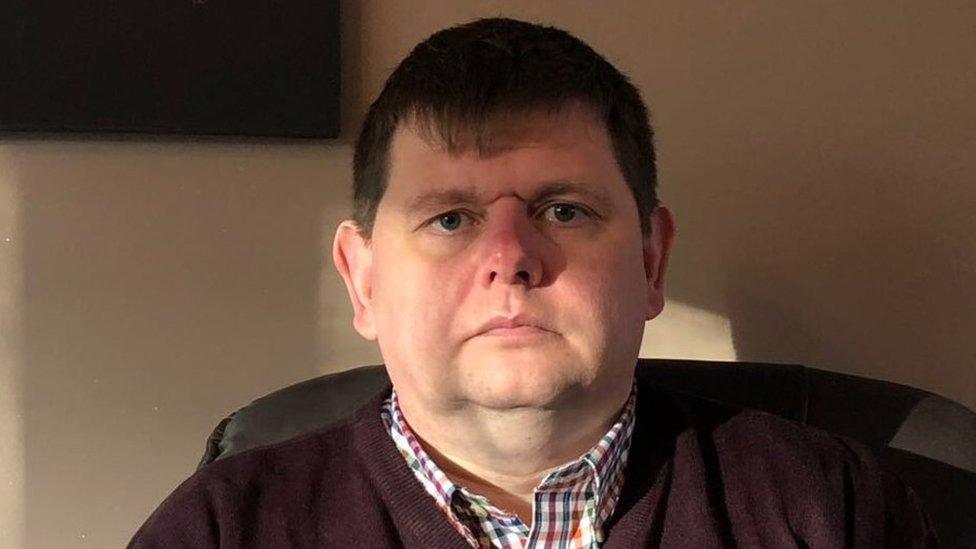
Former Metropolitan police officer Paul Settle, 44, retired through ill health last month after more than 25 years in the job. He too is suffering from PTSD.
For years after some of the horrific incidents he had seen, he was a high-functioning officer on an accelerated promotion scheme.
"Most of my career was dealing with serious crime and it was not uncommon for me to see things that most people would regard as horrific. I've probably dealt with 100 murders," he says.
But eventually things which had happened years before started to haunt him - an IRA bomb attack in Wood Green, London in 1992 and his work to help identify and repatriate Britons killed in the 2004 Thailand tsunami.
'You dread going to sleep'
"It is really difficult to understand because for the best part of 20 years it never affected me, then out of nowhere it started to affect me in a very nasty and intrusive way."
He started to have nightmares where he would wake up feeling the heat from the bomb blast.
"In the case of the tsunami, I could smell the bodies when I woke up. It was quite a rapid descent. You begin to dread going to sleep so you stay up later."
He says he initially turned to alcohol to help him get to sleep, but quickly found that made matters worse so sought intensive treatment instead to try to help him overcome debilitating symptoms which he says have reduced him to a shadow of his former self.
Even after treatment he still finds it hard to go out or be in a crowd.
Sirens and some loud noises can trigger gut wrenching and exhausting episodes of hyper arousal, an intense anxiety which can last for weeks on end.
"On two occasions I was preparing to kill myself. But whilst I was at my lowest point I decided I needed to try to make the best of a bad situation. I don't think I'll ever recover fully."
'Officer numbers falling'
An FOI request of police forces in England and Wales found officers taking more than a month off has been increasing over the past six years.
Of the 26 forces which provided the information, all but one had seen a rise in sickness rates increasing from 1,631 in 2010-11 to 2,804 in 2016-17 - a rise of 72%.
At the same time the number of police officers working at those forces dropped by 17%. Across England and Wales police officer numbers are lower than they have been for 20 years according to Home Office data.
The Home Office says it recognises the issue and has committed £7.5m to pilot a new welfare support service for police officers.
The National Police Chiefs' Council also said it was working hard to help support officers.
But coupled with increasing demands on the emergency services as a result of terrorist attacks and other serious crime, Paul and Suzie both say they feel reduced officer numbers also have a significant part to play in making people ill.
Suzie said if staffing had been better in her unit, she and colleagues working under her may not have had to deal with so many difficult jobs.
"They are having to go to a lot more incidents, a hell of a lot more in such a short space of time without being able to step away and process it in their mind before they go on to something else.
"It has had an impact and it will continue to have an impact until officer numbers are increased."
To hear more about this story, tune into 5 live Investigates on 3 December at 11:00 BST or listen to the podcast.
Have you got something you want investigating? We want to hear from you. Email us., external
- Published13 September 2017
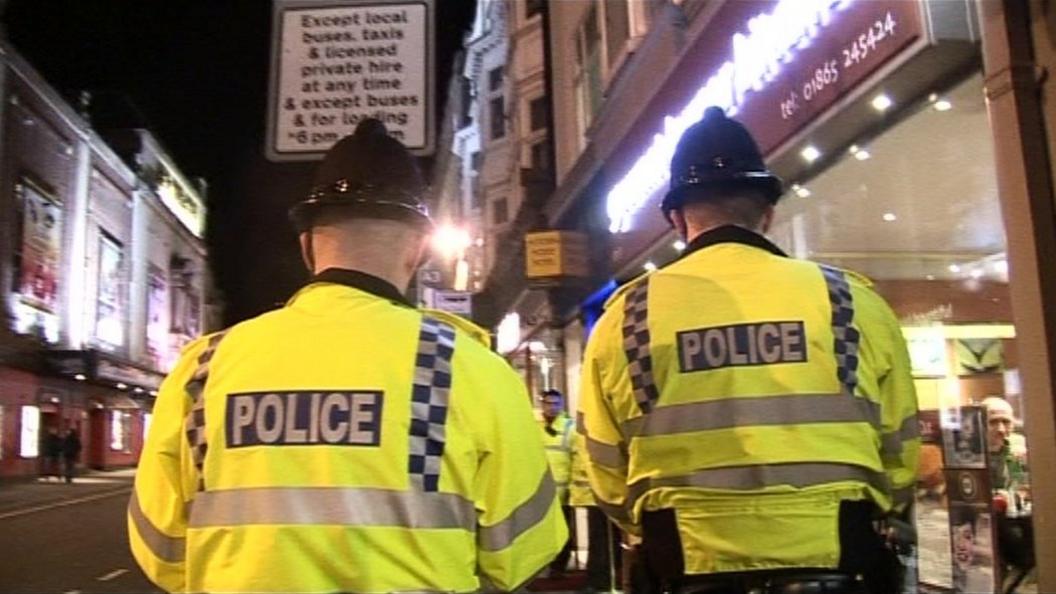
- Published31 July 2017
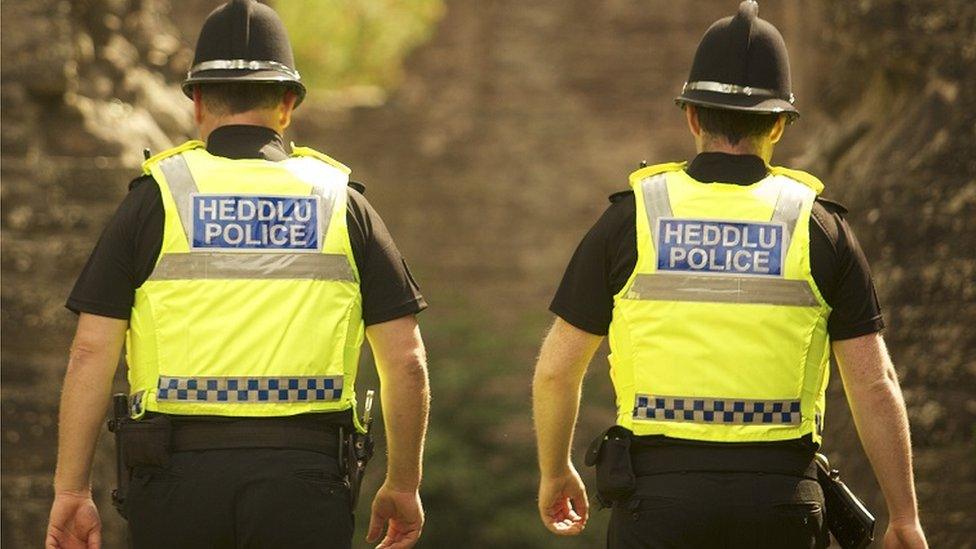
- Published5 April 2016
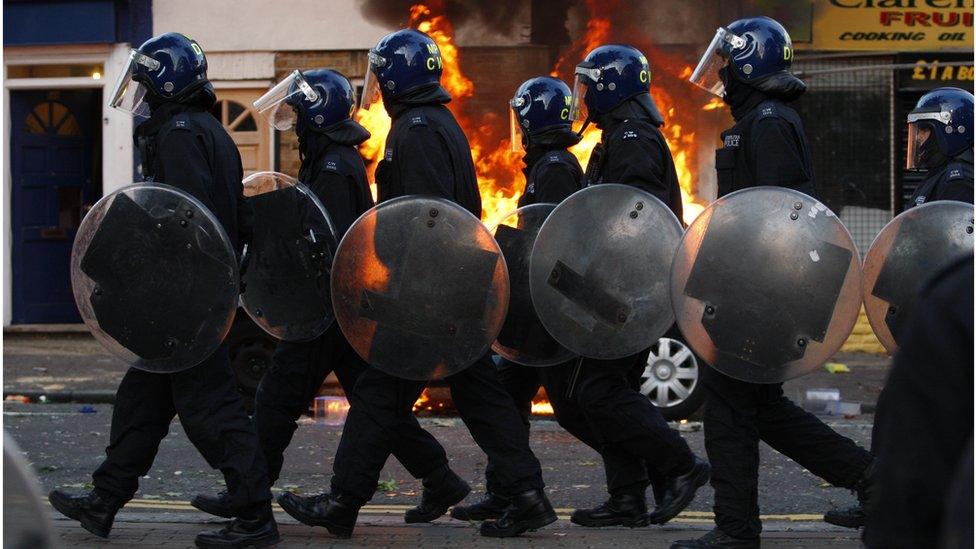
- Published8 April 2015
